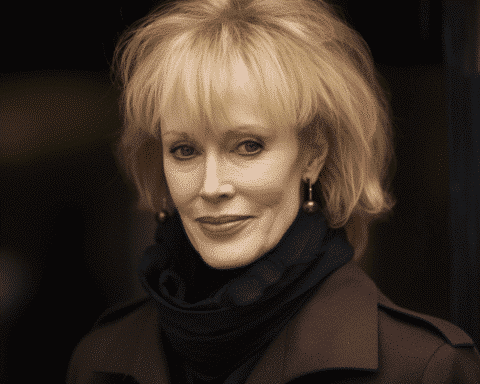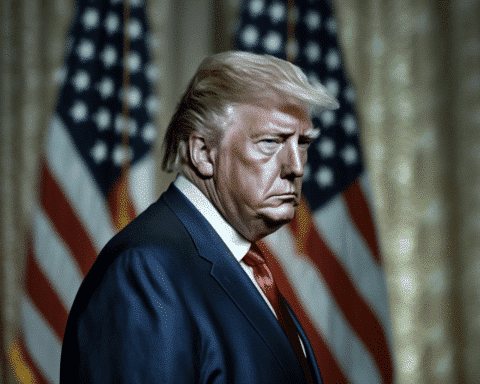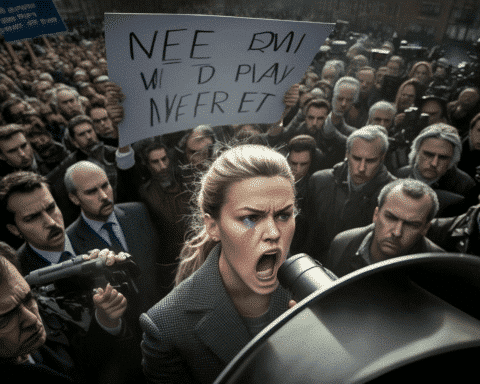In a groundbreaking revelation that shakes the foundations of power and privilege, the unsealing of documents in a defamation lawsuit linked to the late Jeffrey Epstein has brought to light the names of several high-profile figures. Among those named are former US president Bill Clinton, along with Prince Andrew, further intensifying the scrutiny surrounding Epstein’s notorious and sordid legacy. This development follows a decisive ruling by US Judge Loretta Preska, who found no legal basis to conceal these names, thus opening a Pandora’s box of implications for the rich and powerful.
The unsealed documents emerge from a 2015 defamation lawsuit filed by Virginia Giuffre, an Epstein victim, against Ghislaine Maxwell, Epstein’s close associate. Giuffre accused Maxwell of branding her a liar over claims of being sexually abused as a minor. The lawsuit was settled in 2017, but its identities remained in secrecy until now.
Judge Preska’s order in December marked a pivotal moment in this high-stakes legal drama, mandating the disclosure of individuals previously referred to only as “John and Jane Does”. This decision has cast an unflinching spotlight on the associates of Epstein, a convicted pedophile whose connections with the global elite have been a subject of intense speculation and controversy.
The first batch of documents, part of an expected release of over 150 names, does not directly accuse Mr. Trump, Mr. Clinton, or Prince Andrew of any criminal wrongdoing. However, their multiple mentions in connection with Epstein add a complex layer to the narrative of this case. Also named in these documents are Ghislaine Maxwell, US magician David Copperfield, and the late physicist Stephen Hawking, indicating the diverse and influential circle that Epstein maintained.
The release of these documents marks a significant moment in the ongoing saga of Jeffrey Epstein’s dark legacy. It underscores Epstein’s intricate web of influence and power and the potential implications for those associated with him. While naming these figures does not imply guilt, it certainly ignites a renewed conversation about accountability, energy, and the often-hidden dynamics at play within the highest echelons of society. As the world awaits the release of more documents, the discourse is poised to delve deeper into the shadows of power, privilege, and disturbing intersections.




